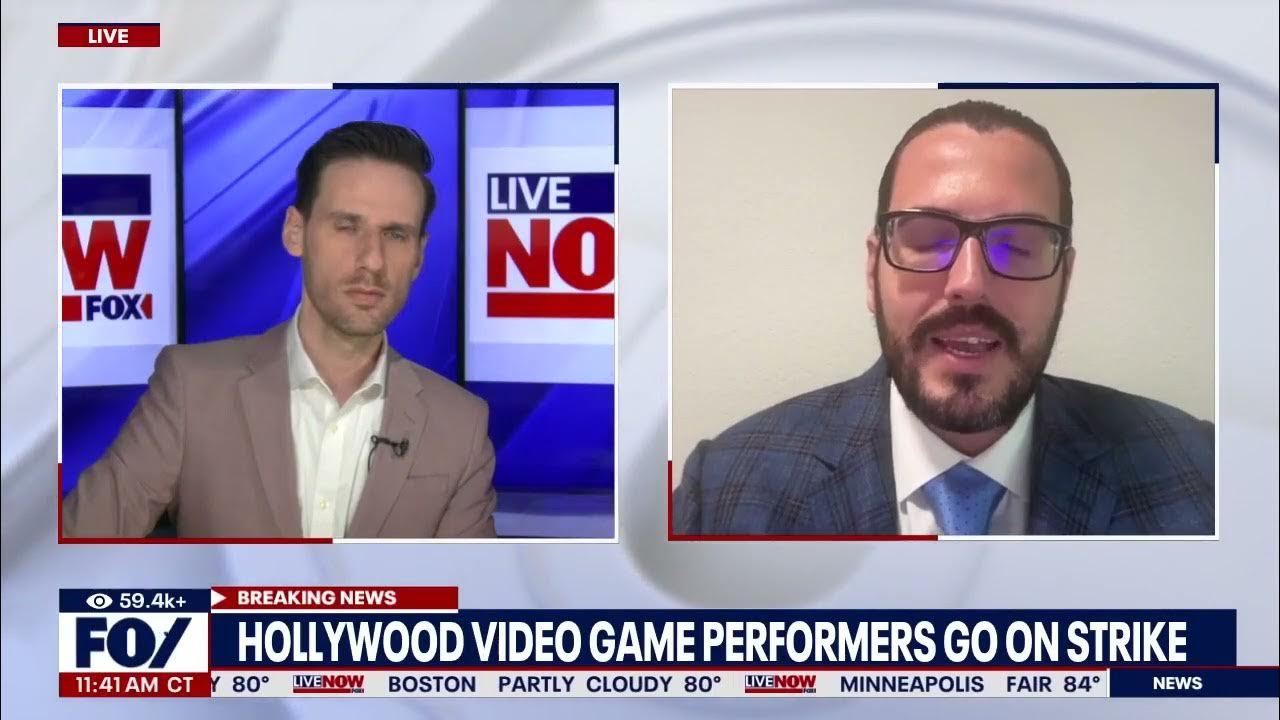The ever-evolving landscape of the entertainment industry is witnessing a clash between technology and creativity, leading to debates around rights and recognition. Recently, video game voice actors went on strike, shining a spotlight on the impact of artificial intelligence on their craft. The prolonged negotiations between industry giants like Activision, Warner Brothers, and Disney and the Screen Actors Guild highlight the stakes involved in the battle for intellectual property rights in the gaming world.
Impact of the Strike on the Video Game Industry
The strike by video game actors serves as a pivotal moment in the industry, emphasizing the intricate relationship between entertainment and technology. With the integration of artificial intelligence in production processes, there are concerns about the misuse of actors’ voices and likenesses without their permission or adequate compensation. This raises fundamental questions about ownership in an era where digital assets can easily be replicated, potentially jeopardizing the rights of performers.
Exploring the Concerns Around Artificial Intelligence in Performance
The concerns surrounding artificial intelligence in performance art, particularly in video games, have escalated into a significant labor dispute. Performers are apprehensive about AI technologies replicating their voices and likenesses without consent, allowing studios to exploit their content without fair compensation. Unions are advocating for changes in contracts to ensure performers retain rights over their work and receive proper compensation, highlighting the need to protect artistic integrity in an era of rapid technological advancement.
Charting the Future of Actor Rights and Digital Likeness
The ongoing negotiations over AI protections underscore the critical need for comprehensive safeguards in creative industries. Performers fear that current contracts with major studios do not adequately protect their rights, potentially reducing their talents to mere data points. The focus is now on establishing strict guidelines for AI usage, ensuring actors retain control over their likenesses and voices, and securing royalties for any AI-generated content using their talents. The fate of actor rights in the digital age remains uncertain, sparking discussions on intellectual property and innovation in the industry.
Strategies for Ensuring Fair Compensation and Consent
Creating a fair and transparent environment for video game actors requires clear contractual agreements that prioritize consent and fair compensation. Studios need to collaborate with unions to draft contracts that explicitly address the use of performers’ voices and likenesses in AI-generated content. This includes provisions for actors to have a say in how their likenesses are utilized and mechanisms for monetary compensation. Education and advocacy efforts are crucial in helping performers understand their rights regarding AI, empowering them to protect their interests and navigate their contracts effectively. Regular workshops and informational sessions can facilitate open discussions on the evolving role of AI in the gaming industry.




